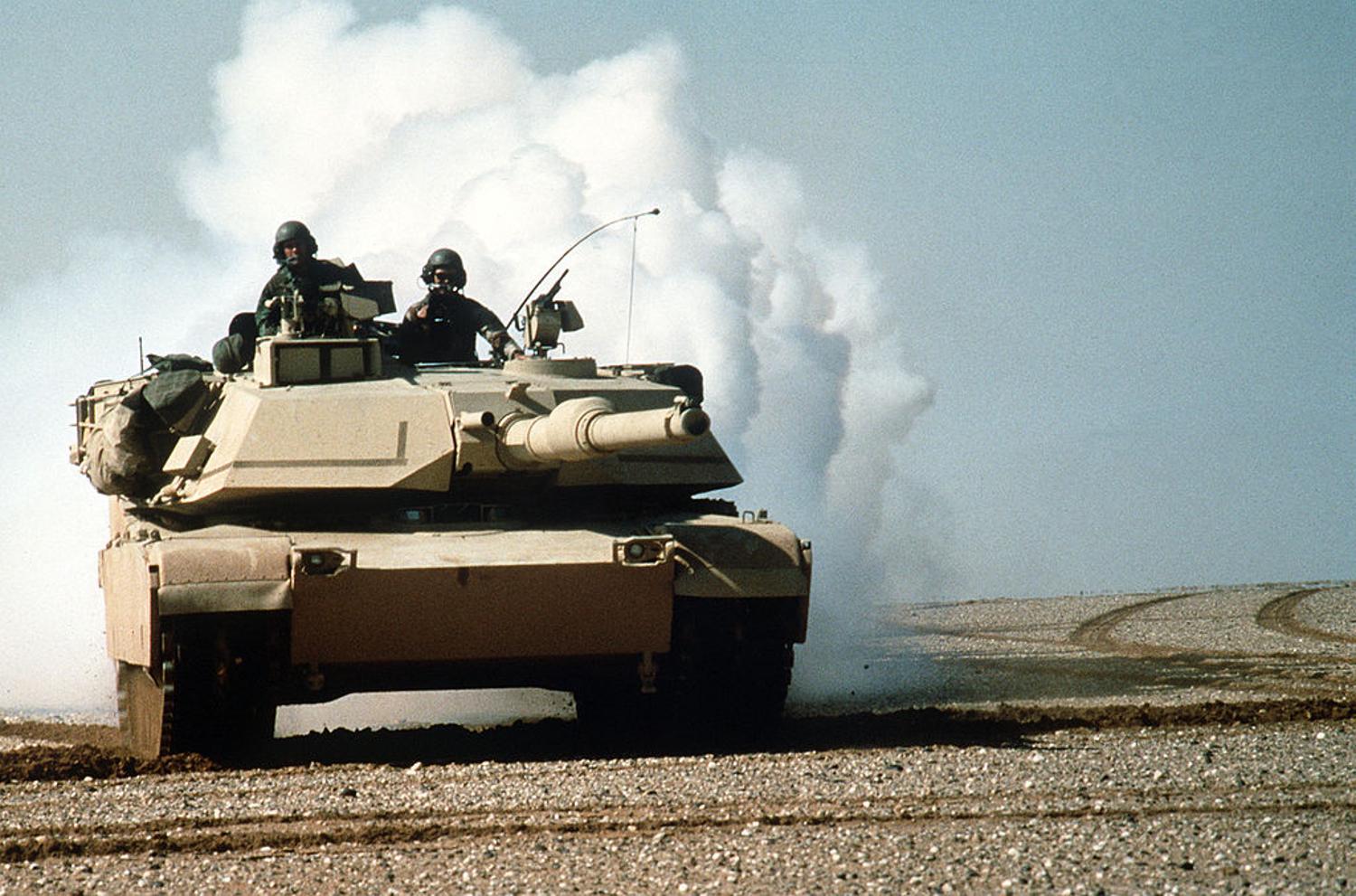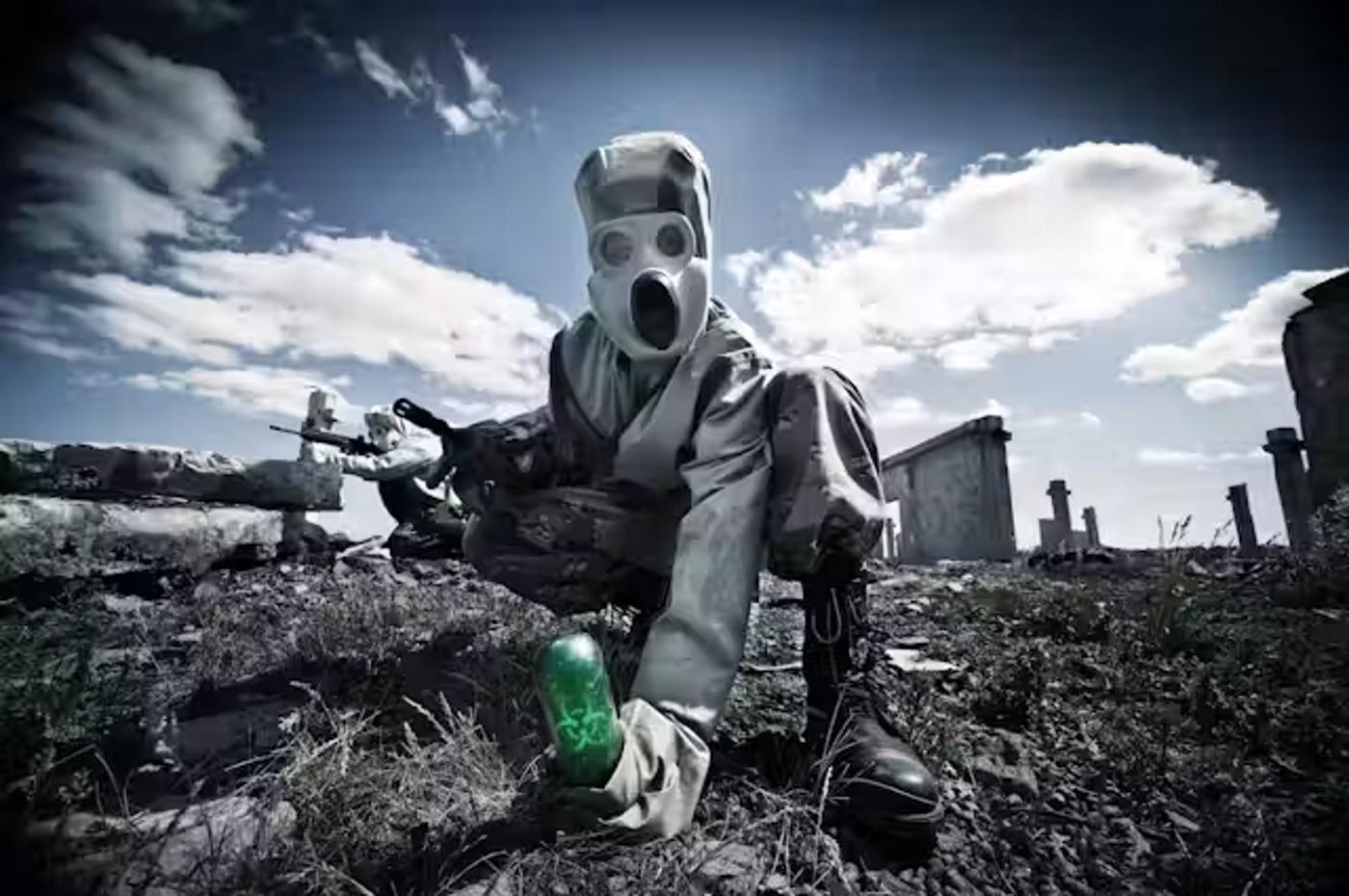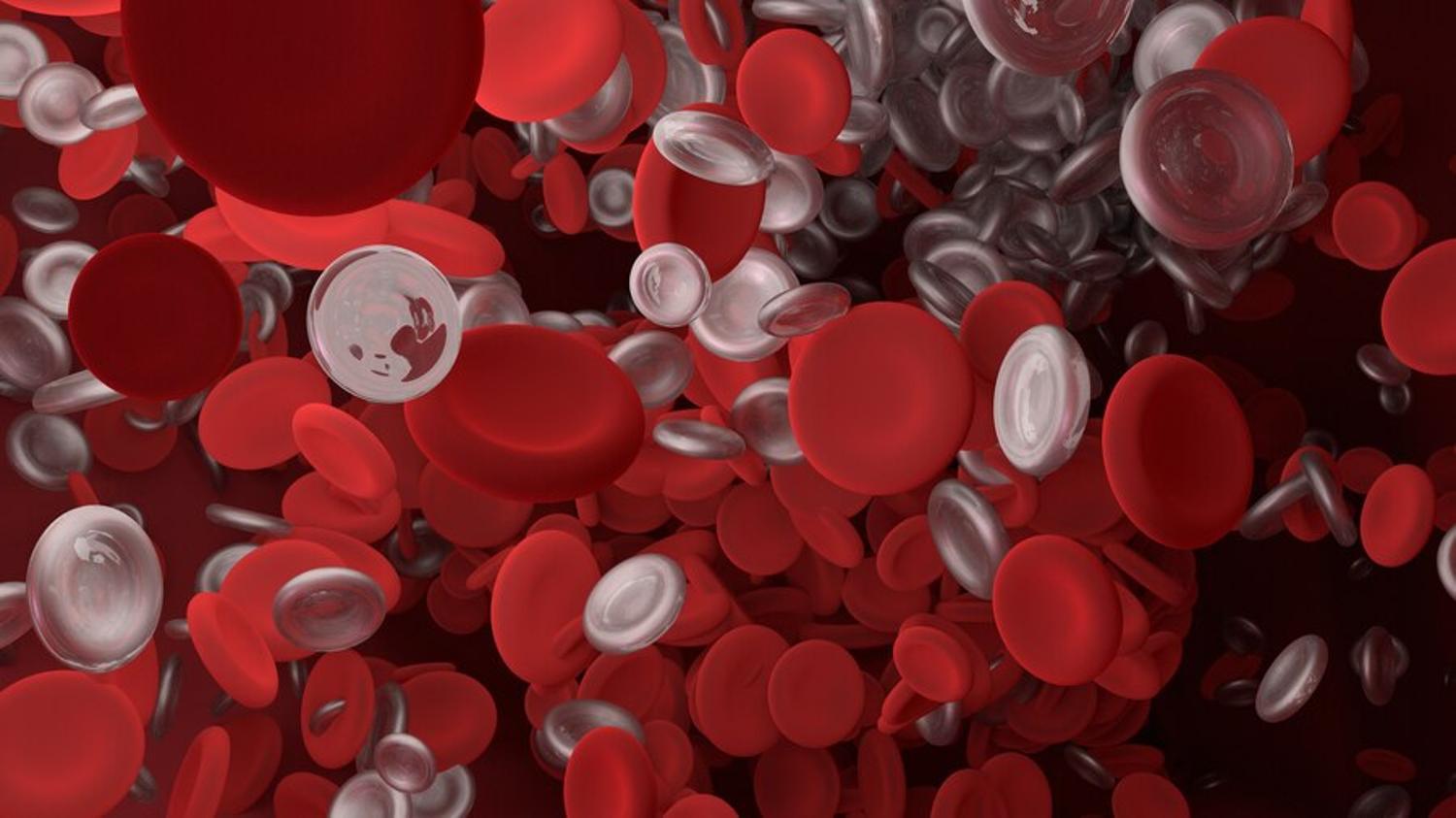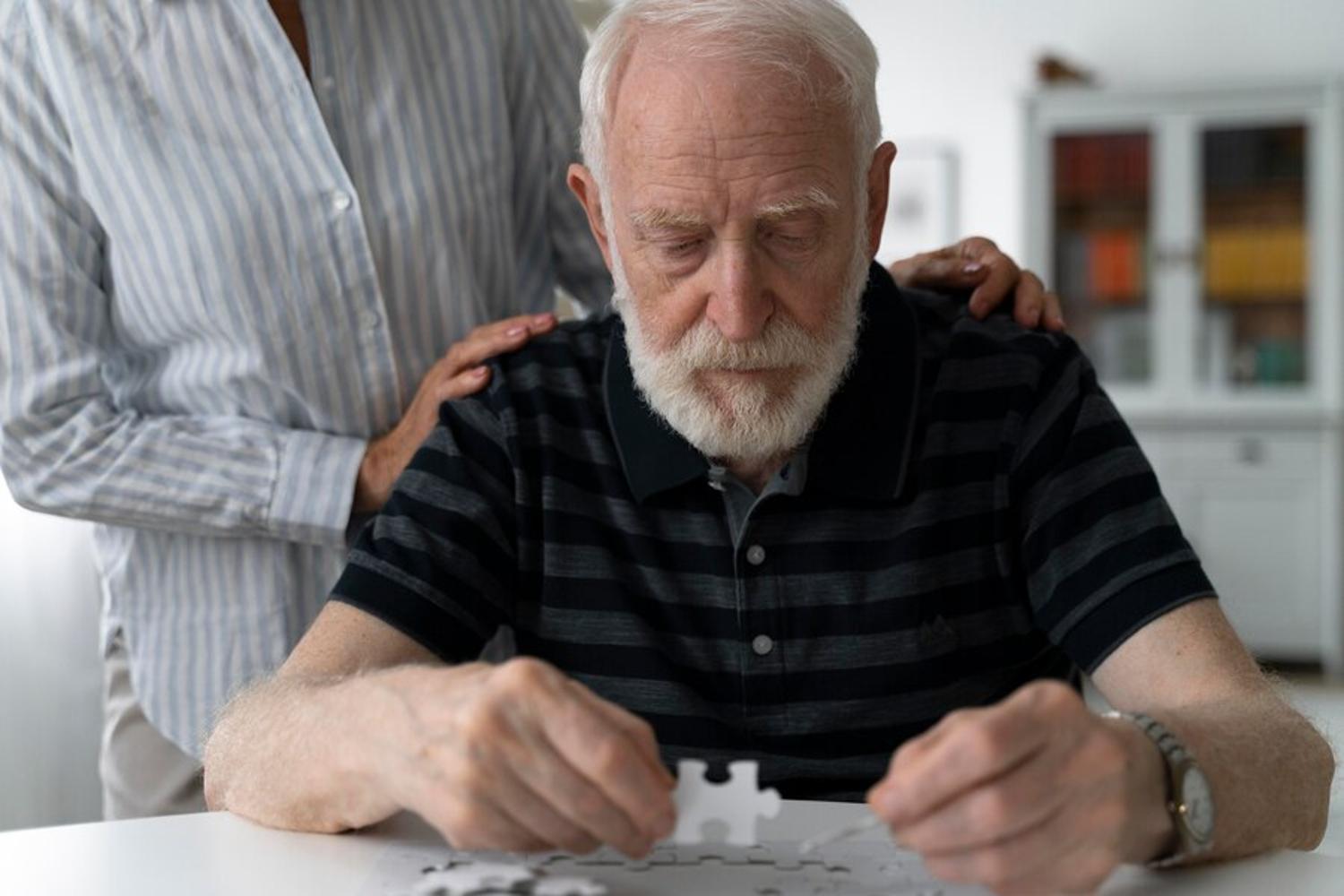After the Gulf War in the early 1990s, hundreds of thousands of veterans returned home and began suffering from a mysterious illness. Doctors named it “Gulf War Syndrome,” but they couldn’t figure out why it was happening.
Now, nearly 35 years later, medical researchers believe they have finally determined the cause of Gulf War Syndrome. They hope that with this discovery, they will be able to help these veterans heal after decades of prolonged illness.
The Gulf War: 1990-1991

The Gulf War, also known as Desert Storm or the First Iraq War, was an armed conflict between Iraq and a 42-country coalition led by the United States from 1990 to 1991. Almost one million soldiers fought in the short war, 700,000 of whom were from the US.
Only 150 Americans died in combat during the Gulf War, but of the 699,850 who returned home, 250,000 developed a horrific illness known as Gulf War Syndrome.
What Is Gulf War Syndrome?

From 1995 to 2005, doctors began seeing thousands of veterans from the Gulf War all experiencing similar symptoms. They complained of chronic fatigue, muscle pain, insomnia, rashes, diarrhea, and even cognitive problems.
It wasn’t until 2008 that they finally labeled the mysterious illness the Gulf War Syndrome, and at that time, they couldn’t understand what had caused it.
Some People Refused to Believe Gulf War Syndrome Was Real

While the symptoms were very real, doctors could find no medical explanation from physical or lab examinations for decades.
In 2006, a Veterans Administration-sponsored report said, “There’s no unique pattern of symptoms. Every pattern identified in Gulf War veterans also seems to exist in other veterans.” In other words, they were saying there was no such thing as Gulf War Syndrome.
For Decades, Doctors Couldn’t Explain Gulf War Syndrome

However, even though some doubted, many doctors believed wholeheartedly that these veterans were suffering and dedicated their careers to trying to understand why.
In 2013, three different theories were presented: Exposure to chemical agents such as oil fires, pesticides, or depleted uranium, physical symptoms of post-traumatic stress disorder, or exposure to chemical warfare, including nerve gas and pyridostigmine bromide.
Chemical Warfare in the Gulf War

The most widely accepted hypothesis was that the veterans were suffering from exposure to chemical warfare, as it was understood that dangerous chemicals were used during the two-year conflict.
According to the US Department of Veterans Affairs, “Rockets filled with sarin and cyclosarin mixes were found at a munitions storage depot in Khamisiyah…an undetermined amount of these chemicals was released into the atmosphere.”
A 2023 Study Challenged This Theory

However, it wasn’t until 2023 that this hypothesis was actually analyzed. A study conducted by Griffith University’s National Center for Neuroimmunology and Emerging Diseases explained that “veterans commonly were exposed to distressed conditions, contaminated environments, and possible chemical warfare agents. “
Additionally, the study noted, “to protect against possible warfare, troops were given tablets of pyridostigmine bromide and directed to take these pills whenever an attack was believed to be imminent.” Therefore, they believed that Gulf War Syndrome was unquestionably caused by exposure to chemical warfare.
Finally Confirming the Gulf War Syndrome Theory

After extensive research, the team from Griffith University was able to confirm the decade-old theory that Gulf War Syndrome is, in fact, caused by toxic chemical exposure.
More specifically, they found that the toxins had damaged the calcium-transporting structures within the bodies of veterans with Gulf War Syndrome.
Why Is Calcium So Important for the Body?

Calcium is necessary for the body’s essential functions, including nerve function, muscle contraction, and hormone secretion.
While 99% of the body’s calcium is stored in the skeleton, calcium transport occurs in the small intestine. When these cells cannot successfully transport the calcium, no matter how much of the nutrient a person consumes, the body will still struggle to operate properly.
This Discovery Could Mean Treatment for Thousands

The discovery that the calcium transporters are severely damaged in the bodies of those living with Gulf War Syndrome isn’t just an exciting moment for science. It could also help thousands of people who are still living with the debilitating symptoms.
As Marquis Barefield from the American organization Disabled American Veterans explained, “What has baffled scientists for years can now hopefully lead to new treatments and benefits for veterans suffering from these debilitating ailments.”
Medications Already Exist to Aid Calcium Transportation

Fortunately, medications already exist that can help damaged calcium transport cells function properly. However, doctors will still have to determine whether these medications will work on those whose cells were impaired by toxic chemicals.
The study’s author, Sonya Marshall-Gradisnik, explained, “This breakthrough in understanding the cause of Gulf War Illness now provides hope for researchers to be able to develop new treatments to improve the future for our veterans.”
Changing the Lives of Thousands of Veterans

Gulf War veteran and advocate Ian Allwood told the press, “To be believed means the world to us. This research is life-changing for the Gulf War Vets.”
Allwood continued, “For those in the Veteran community that have been suffering, this is the first step in identifying a causal factor. This is groundbreaking research that will hopefully open pathways to treatment for the often-debilitating symptoms.”








































